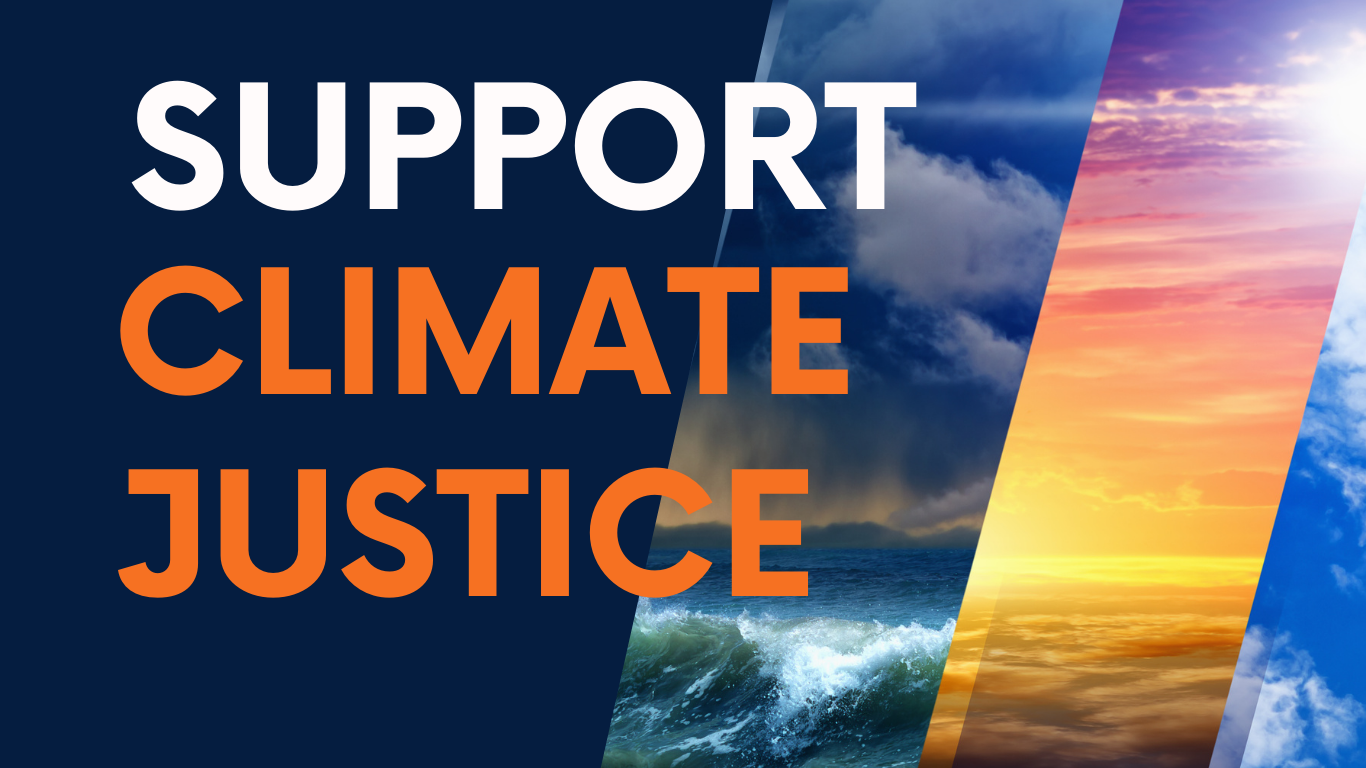According to a group of climate scientists from the World Weather Attribution, the record heatwave that hit Argentina at around this time last year was made 60 times more likely by climate change.
Computer model simulation comparing the climate of today, after approximately 1.2ºC of global warming since the late 1800s, to that of the past and found that extreme heatwaves like the one that hit Argentina increased by about 1.4ºC from normal levels because of climate change.
Senior lecturer on Climate Science from Grantham Institute for Climate Change and the Environment, Imperial College London, Dr. Fredi Otto attribute increased greenhouse gas emissions to extreme weather events.
“What our analysis shows, is that deadly events that a few decades ago were extremely unlikely are now becoming possible. And that unless we cut greenhouse gas emissions, they will become more and more frequent.” Dr. Otto said in an article by Imperial College.
Poorer neighborhoods experience higher temperatures due to a lack of electricity, heat insulations, running water, green spaces, and basic shade researchers point out. In Argentina during the heatwave authorities advise citizens not to go out during the afternoon for prolonged periods.
A record of 43.5C was recorded in Santiago del Estero, Argentina before a Catholic holy day. Water tanks had to be placed in strategic locations along the route to keep those who participated hydrated.

Record heatwaves are a growing concern for all of South America, Juan Rivera Argentine Institute for Snow Research, Glaciology and Environmental Sciences (IANIGLA) said. The heatwave last experience in the nation is a clear example.
“Unless carbon emissions are reduced, climate change will continue to favor the occurrence of record-breaking temperatures in late spring and early summer, at a time of the year when people are not prepared to deal with extreme heat,” Rivera points out.
That nation is a major exporter of wheat but crops were projected to take a hit from the heatwave and prolong drought being experienced across the region.
The World Weather AttributIion group runs rapid attribution analysis whenever an extreme weather event takes place, the group of 18 is slated to conduct research on the drought ongoing within the region.
It must be noted that shortly after the heatwave in Argentina, heavy rains, strong winds, and hail battered in many parts of the country.







